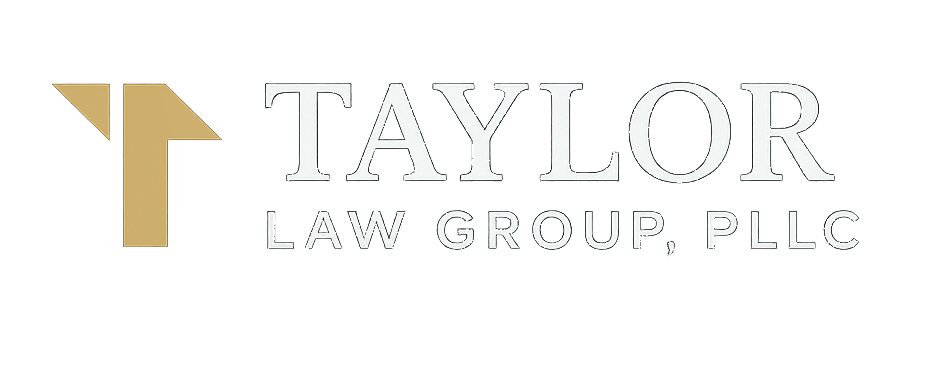THREATS/INTIMIDATION ATTORNEY IN TUCSON, ARIZONA
- Threatening or Intimidating cases move fast and can be misunderstood. We dig into what was actually said or meant, the context, any alleged “public inconvenience,” and the credibility of witnesses and digital evidence. Our goal is to keep you out of jail, minimize collateral fallout, and position your case for dismissal, reduction, or diversion where available. If you’ve been cited or arrested in Pima, Cochise, Santa Cruz, or Pinal County, get tailored advice before you speak to anyone else. Serving Tucson & Southern Arizona.
- From the moment you’re accused until your case is resolved, we’re here with clear guidance and steady advocacy. Our defense team takes the time to understand what really happened—context, witnesses, 911 timing, body-cam, and any factors that may have escalated the situation. Many threats/intimidation cases turn on misunderstandings, protected speech issues, or a momentary lapse—details that matter.
Contact us today for a free initial consultation.


